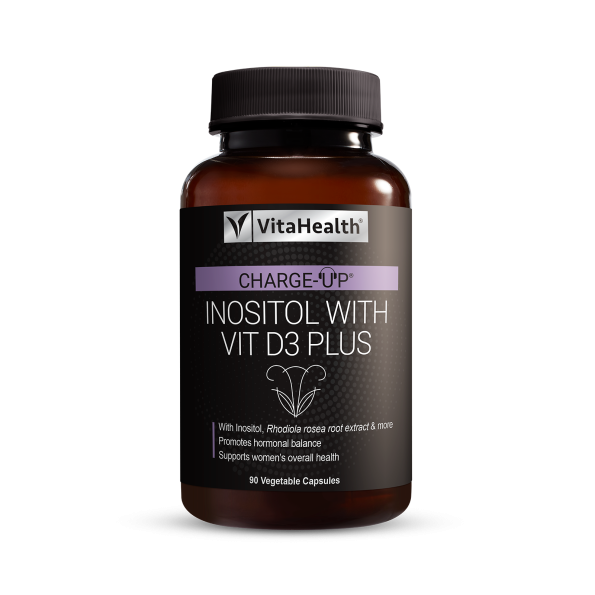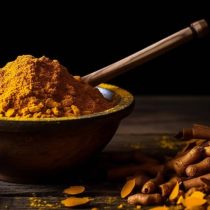What is PCOS?
Polycystic Ovary Syndrome (PCOS) is one of the most common hormonal conditions affecting women of reproductive age. It happens when the body produces higher-than-normal levels of male hormones (androgens), disrupting the balance of female hormones. This can affect ovulation, menstrual cycles, skin, hair, and even mood.
What Causes PCOS?
The exact cause of PCOS isn’t fully known, but several factors are often linked to it:
Hormonal imbalance
High androgen levels can interfere with ovulation.
Insulin resistance
When the body becomes less responsive to insulin, it triggers excess insulin production, which further increases androgen levels.
Genetics
PCOS tends to run in families, suggesting a hereditary link.
Lifestyle factors
Poor diet, lack of exercise, and chronic stress can worsen symptoms.

Common Signs & Symptoms
PCOS can show up differently in each woman, but common symptoms include:
Irregular or missed periods
Difficulty getting pregnant
Weight gain, especially around the abdomen
Acne, oily skin, or hair thinning
Excess hair growth on the face or body
Fatigue, mood changes, or low energy
If left unmanaged, PCOS may also increase the risk of type 2 diabetes, heart disease, and fertility issues.
Managing PCOS Naturally
Although there’s no cure for PCOS, lifestyle and nutritional support can help manage symptoms and restore hormonal balance.

Balanced Nutrition
Focus on low-glycemic, whole-food meals rich in vegetables, lean protein, and healthy fats. Reducing refined carbohydrates helps regulate blood sugar and insulin levels.

Stay Active
Regular exercise—such as brisk walking, yoga, or resistance training—can improve insulin sensitivity, boost mood, and support weight management.

Manage Stress & Sleep
Chronic stress and poor sleep can disrupt hormones further. Prioritise relaxation, mindfulness, and consistent sleep patterns.

Supplement Wisely
Certain nutrients may support hormonal and metabolic balance such as Inositol, Vitamin D, Magnesium, etc.
Inositol
Supports healthy ovulation and insulin sensitivity.
Vitamin D
Aids hormone production and mood balance.
Magnesium
Helps with stress management and energy regulation.
Omega-3 fatty acids
Support heart and hormonal health.
Your Natural PCOS Relief
VitaHealth CHARGE-UP® INOSITOL WITH VIT D3 PLUS combines Inositol, Rhodiola rosea, Calcium, and Vitamin D3 to support women’s hormonal and reproductive health.
- Supports hormonal balance
- Improves fertility
- Boosts mood
Learn more about VitaHealth CHARGE-UP® Inositol with Vit D3 Plus.

Frequently Asked Questions (FAQ)
There is currently no cure for PCOS, but its symptoms can be effectively managed with lifestyle changes such as healthy eating, regular exercise, stress management, and nutritional support. Many women experience better cycle regularity and improved hormonal balance through consistent habits.
Nutrients such as inositol, magnesium, omega-3 fatty acids, and vitamin D can support hormone balance, insulin sensitivity, and mood regulation — all important in managing PCOS naturally.
Yes. While PCOS can make ovulation irregular, many women with PCOS conceive naturally or with medical support. Maintaining a healthy weight, balanced diet, and proper supplement regimen may improve fertility outcomes.
Yes, hormonal fluctuations in PCOS can contribute to fatigue, irritability, and mood changes. Managing stress, ensuring adequate sleep, and supporting hormonal health can help improve emotional well-being.
If you have irregular periods, persistent acne, unwanted hair growth, or difficulty conceiving, it’s best to consult your healthcare professional. Early diagnosis and management can help prevent long-term complications.
Yes. Inositol can also support women during menopause by improving insulin sensitivity, mood balance, and metabolic health. While it’s best known for PCOS, it may help ease common menopausal concerns like weight gain, fatigue, and mood changes.
Yes. Inositol is often recommended for women who are trying to conceive, especially those with PCOS. It helps support regular ovulation, healthy egg quality, and balanced insulin levels, which are important for fertility. Always consult your healthcare professional before starting any supplement when planning for pregnancy.














